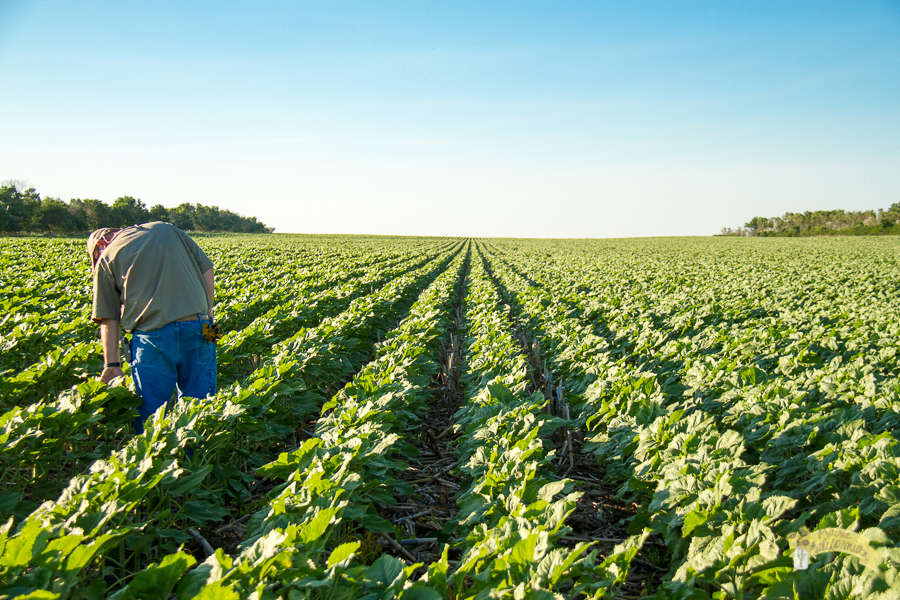
Exactly what is an agronomist?
An agronomist is a specialist who applies scientific understanding and strategies into the administration and production of crops. Agronomists do the job in a number of settings, from farms and ranches to governing administration agencies and personal organizations. They may also operate in research laboratories or teach at colleges and universities.
Most agronomists have at the least a bachelor's degree in agronomy or maybe a connected industry, like agricultural science or soil science. Lots of agronomists also have master's degrees or doctorates. The precise nature of the agronomist's work relies on their specialty and employer.
Agronomists Participate in a vital position in making sure that crops are healthy and effective. They use their knowledge of plant science to develop strategies to improve crop yield, battle pests and diseases, click here and preserve water along with other resources.
The job of an agronomist
is to help the entire world fulfill its growing food production requirements. In accordance with the U.S. Bureau of Labor Statistics (BLS), employment for agronomists is anticipated to increase faster than average, with openings on account of advancement and replacement needs.
The work of an agronomist
is demanding and fulfilling, with agronomists often being more info involved in research and training.
The schooling of the agronomist
Agronomists have to have a minimum of a bachelor's degree in agronomy or connected area from an accredited university.
The way forward for agronomy
Agronomists help to make certain that the earth's population has more than enough food, and they work to improve crop yields and decrease agriculture's impact on the environment. The BLS says that agronomists are in demand, but competition for Work is likely to be strong.
Conclusion
Agronomists are focused on the analysis of crops, plus they get the job done in many different fields, from agricultural analysis to boosting crops. Agronomists are required to make sure that crops are produced for consumption, but they also help produce biofuels and other plant-based products.